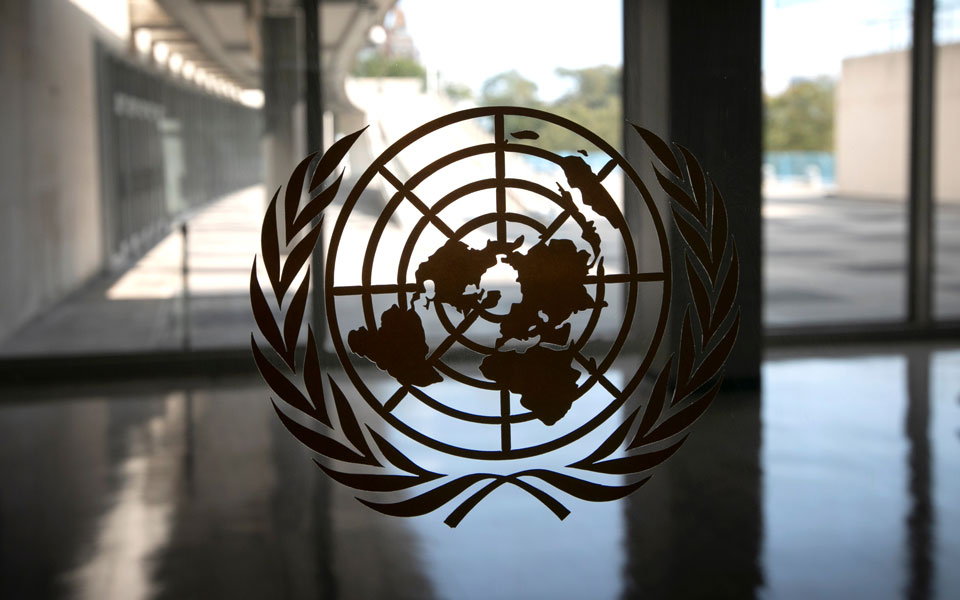A road map with blank spaces

The UN summit on the Pact for the Future was a success in that the overwhelming majority of 165 nations (with 143 in favor, 7 opposed and 15 abstentions) approved the effort to revive the United Nations so that they can respond adequately to the great challenges of our age. However, Russia’s attempt to postpone the Summit, so that 23 of the Pact’s 56 proposed actions could be amended, underlines the difficulties faced by every effort to shape collective institutions. Just as the League of Nations was hobbled by the absence of the United States in the leadup to World War II, a major reason for the UN’s inability to impose International Law and its Charter is the excessive power granted to the five permanent members of the Security Council, with their veto. And so, the UN’s actions are aligned with the interests of its most powerful members and their allies.
“From now on, we can move ahead and together solve the main challenges of our time. They are global challenges and demand global solutions. With the Pact for the Future, we have a ‘road map’ that will lead us there,” Prime Minister Kyriakos Mitsotakis said in his address to the plenary of the Summit. The point is correct. And optimistic, because collective action demands that all abide by decisions. But, as we know from even the most developed democracies, the contest between the many and the few never ends. This does not mean that the many are always in the right; it means that solutions can exist only when they are in the interests of enough powerful players and most of the weaker ones. Today, the bipolar world of the Cold War is not there to maintain balance, and US hegemony is threatened by domestic strife and rising powers. With great divisions in geopolitical issues, no country is prepared to forfeit whatever advantages it has. The wars in Ukraine and the Middle East, the civil war in Sudan, are just the more dramatic evidence that the UN cannot impose peace.
This is why one of the Pact for the Future’s proposals is the transformation of global governance. “We reaffirm unwavering commitment to international law, including the (UN) Charter, to address global challenges, some of which could overwhelm and threaten all of humanity,” the Pact declares. “We must renew trust in global institutions by making them more representative of and responsive to today’s world and more effective at delivering on the commitments that we have made to one another and our people.”
The Pact has been presented as a “once-in-a-generation” opportunity to fix our course. But it has not pointed out how the makeup of the Security Council has changed – nor whether this will be a good thing rather than introducing even greater instability.





